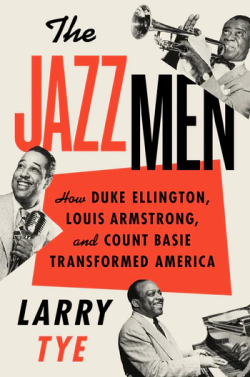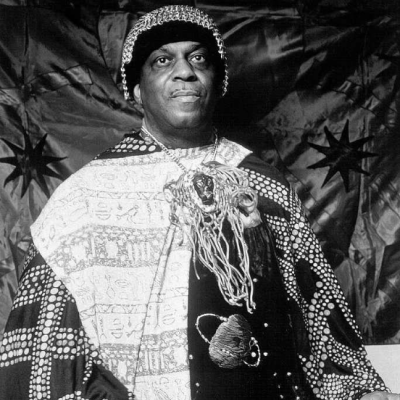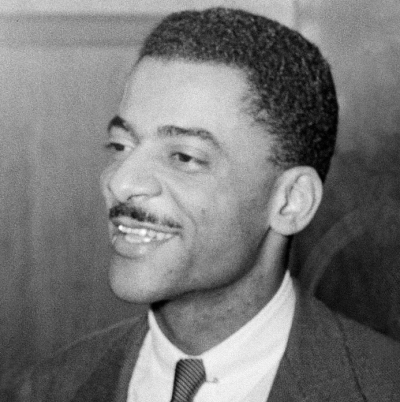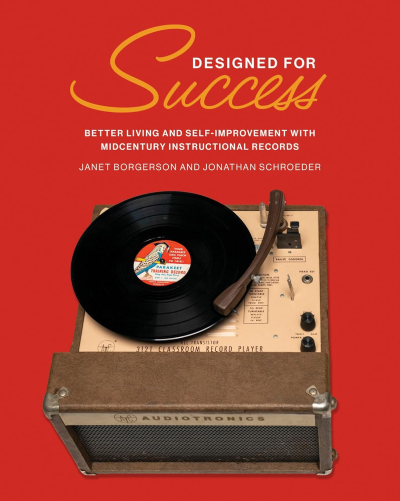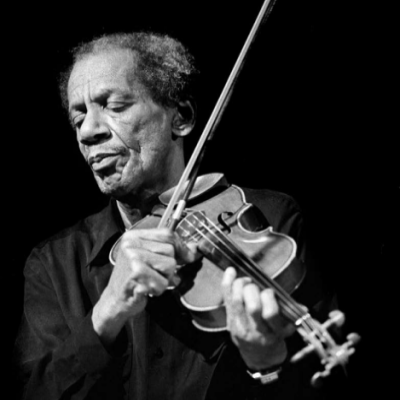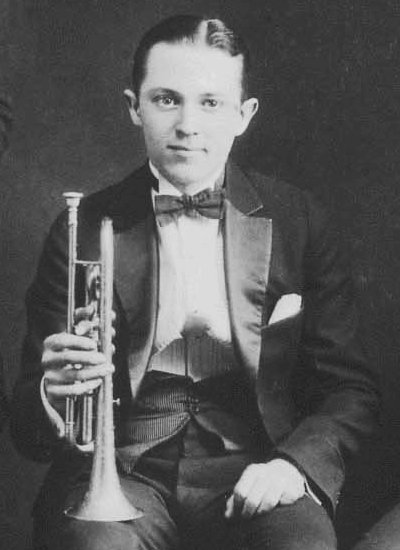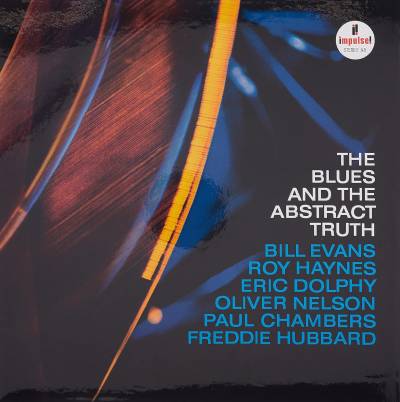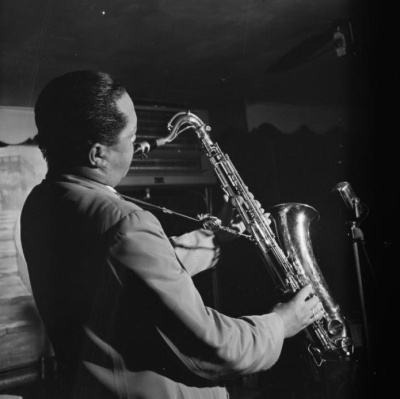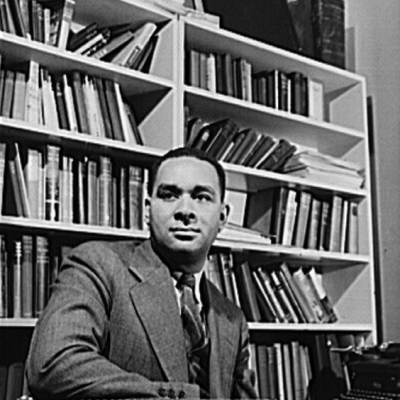Reminiscing in Tempo: “What are 4 or 5 of your all-time favorite Blue Note albums?”
. . Speak No Evil, a 1964 recording session by saxophonist Wayne Shorter (released in 1966), was among those listed by noted critics, authors and musicians as their all-time favorite Blue Note albums . __________ . “Reminiscing in Tempo” is part of a continuing effort to provide Jerry Jazz Musician readers with unique forms of … Continue reading “Reminiscing in Tempo: “What are 4 or 5 of your all-time favorite Blue Note albums?””
...June 14th, 2019











